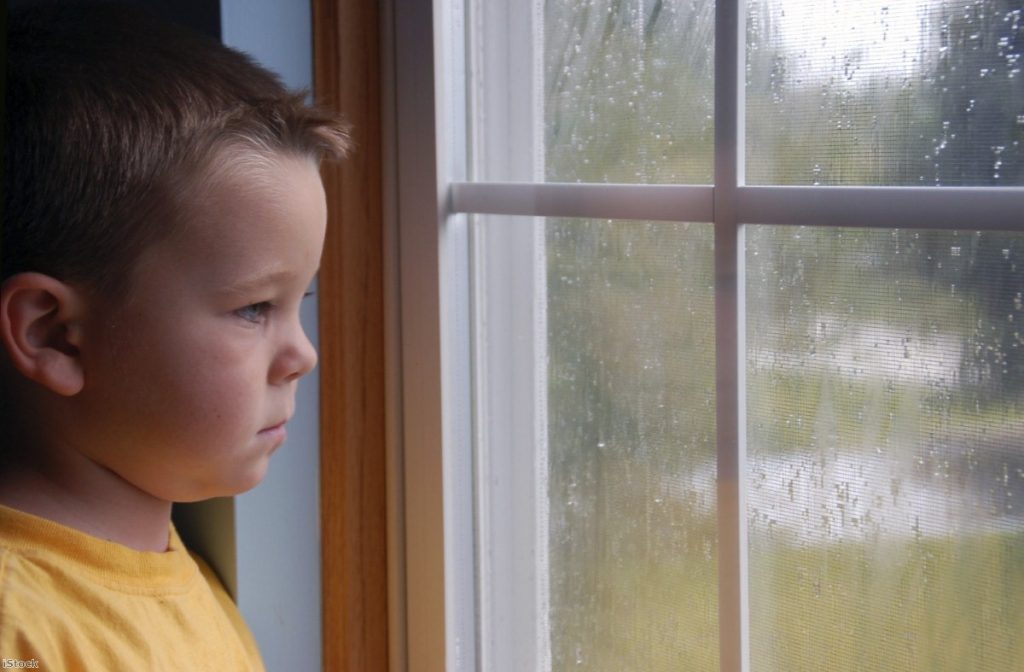Comment: The government is breaking its pledge to fight child poverty
By Richard Excell
In May, the Conservative manifesto boasted that "child poverty is down – with 300,000 fewer children living in poverty". This was a claim for the party to be proud of and one they wanted to use as part of their case for forming the next Government.
This is exactly how we at End Child Poverty, wanted politicians to treat the issue. We didn't want child poverty to be the property of one side in politics, we wanted the parties to compete to show who had the best policies to deal with it.
In the 2000s the parties moved closer. As the Labour government succeeded in bringing 900,000 children out of poverty the Conservatives and Liberal Democrats signed up to make child poverty a priority.


In the anti-poverty movement we felt the high point was the passage of the 2010 Child Poverty Act, which set targets for the level of child poverty by 2020 and imposed an obligation on governments to report every year on progress towards those targets. All the main political parties voted for the Act and the Coalition published a child poverty strategy and set up a child poverty commission.
Sadly this commitment appears to be disappearing fast. The welfare reform and work bill (due to be debated in the House of Lords on Tuesday) doesn't formally repeal the Act, but it does fillet it. Crucially, it abolishes the duty to tackle income-related poverty and to report to parliament on their progress towards this. Instead, the government will report on how well children do in their GCSEs and how many families are out of work.
Email a Lord today so they make the case for child poverty measures on Tuesday https://t.co/B20gkGsi2R #moneymatters pic.twitter.com/fyYFCqaTD2
— End Child Poverty (@EndChildPoverty) November 13, 2015
These are important issues and they are causes of poverty but they don't tell us how much child poverty there is in the UK or whether it’s increasing or decreasing. The government is clearly out of touch to claim poverty isn't about not having enough money. A couple of years ago it actually carried out a consultation on measuring child poverty: 213 respondents said income should be included in a measure of poverty and just two said it shouldn't.
We are particularly concerned that if the government measures unemployment but doesn't report on the numbers of children living in families struggling to get by because they lack the money they need, we'll fail to deal with the growing problem of in-work poverty.
And that's an increasingly important problem: a new analysis of official figures by ECP shows that the number of children in poverty in working households has risen by 300,000 since 2010 to reach 2.4 million – meaning that nearly two thirds of children in poverty live in working households. This comes before the introduction of planned cuts to tax credits which will further reduce the support available to low income working families.
If child poverty among working families increases as a result of these changes, the government will no longer face a responsibility to report or act on this. Which is why End Child Poverty is calling on the House of Lords to use the debate on Tuesday to tell the government that child poverty measures must be kept.
Richard Exell works for the Trades Union Congress, where he is a senior labour market economist. You can follow him at Twitter here. To read about child poverty or to support the campaign visit the End Child Poverty website.
The opinions in Politics.co.uk's Comment and Analysis section are those of the author and are no reflection of the views of the website or its owners









